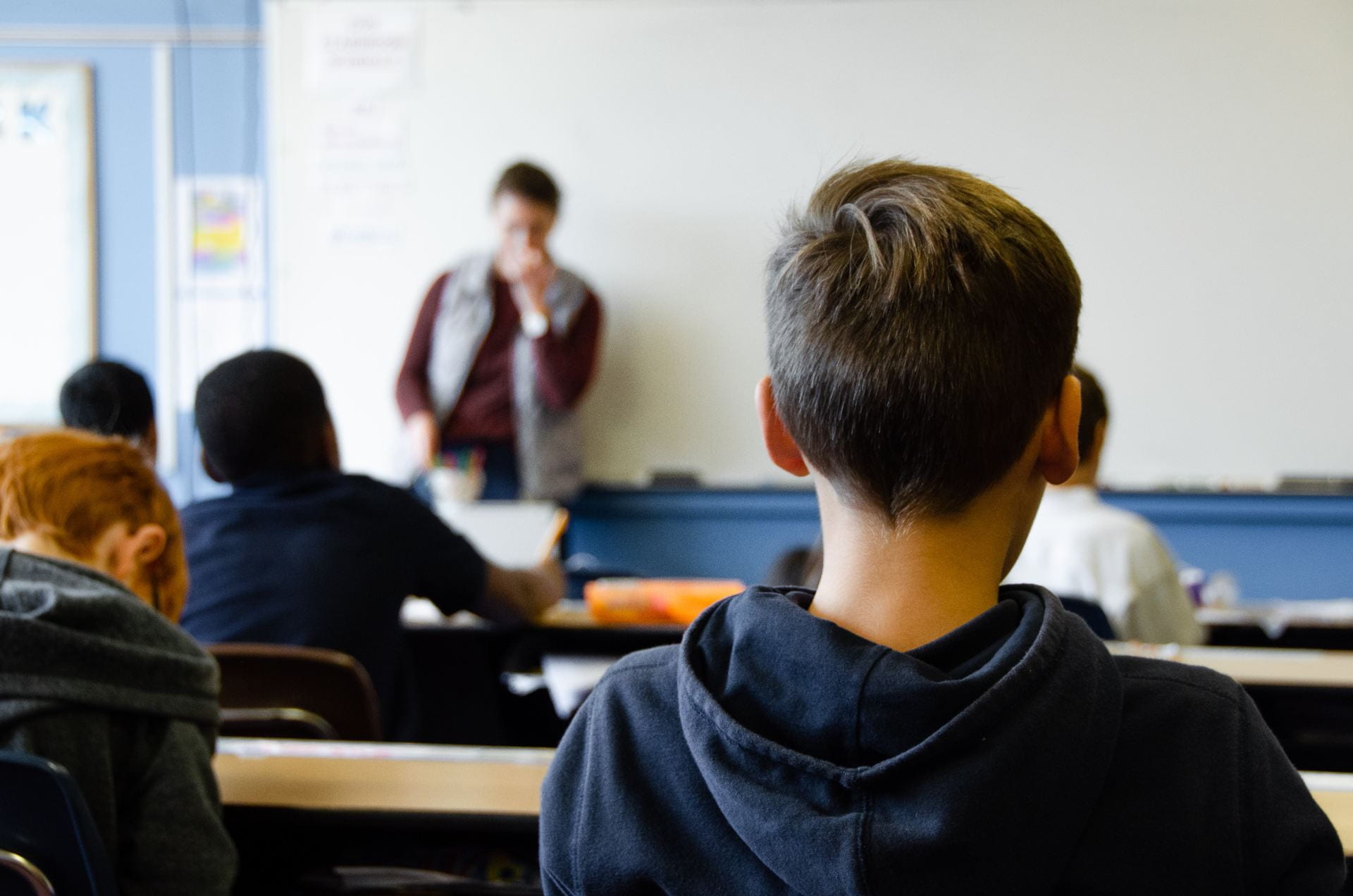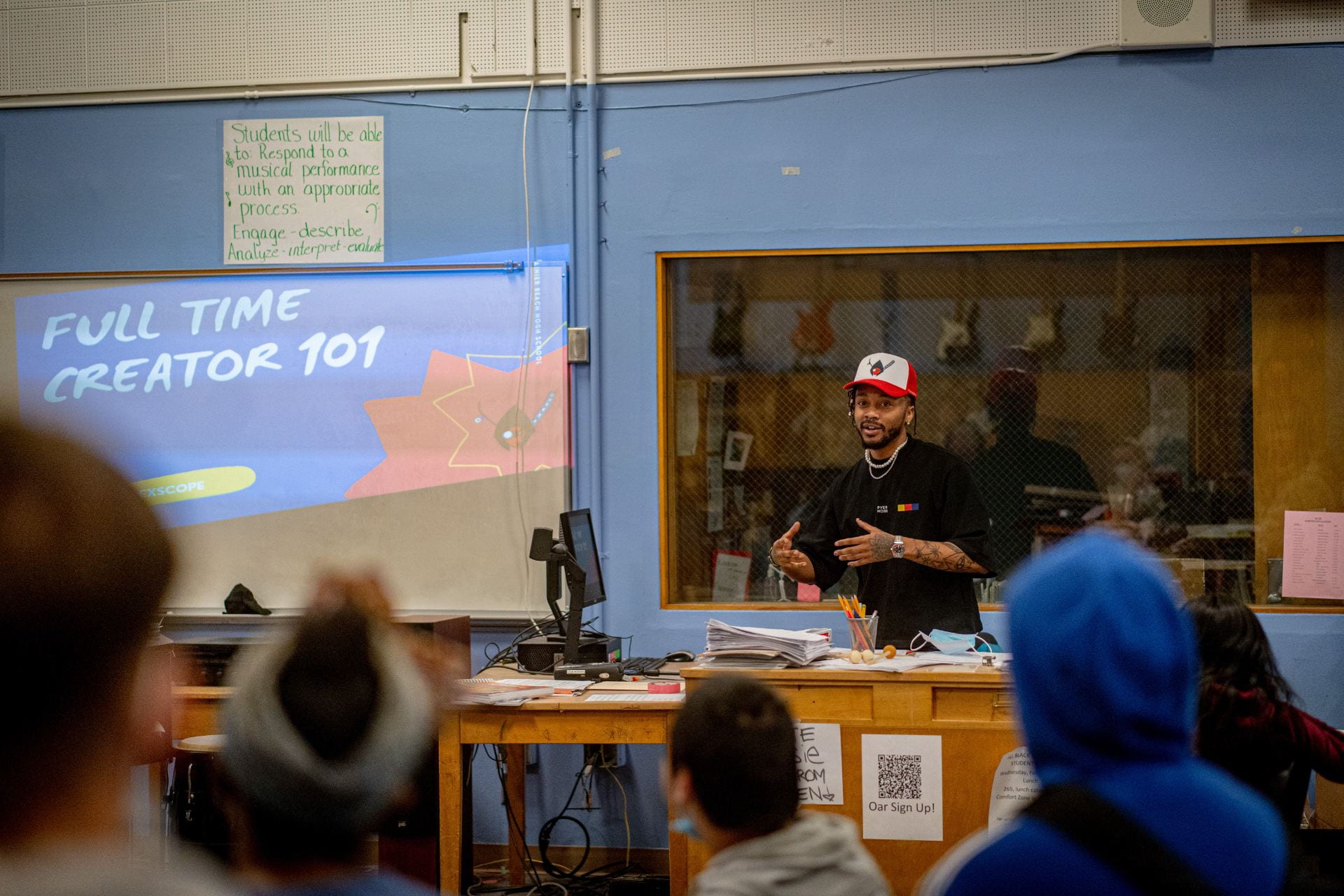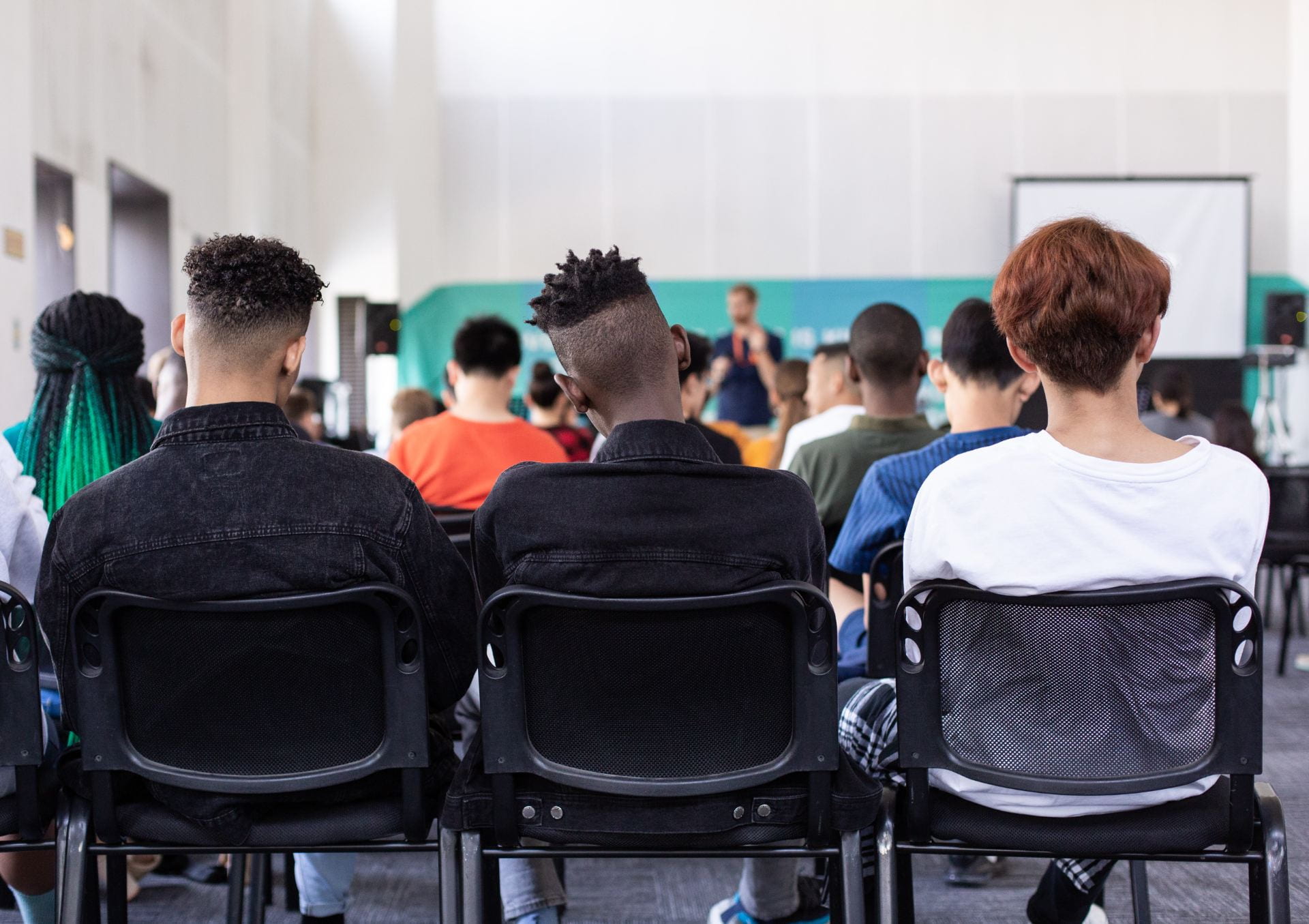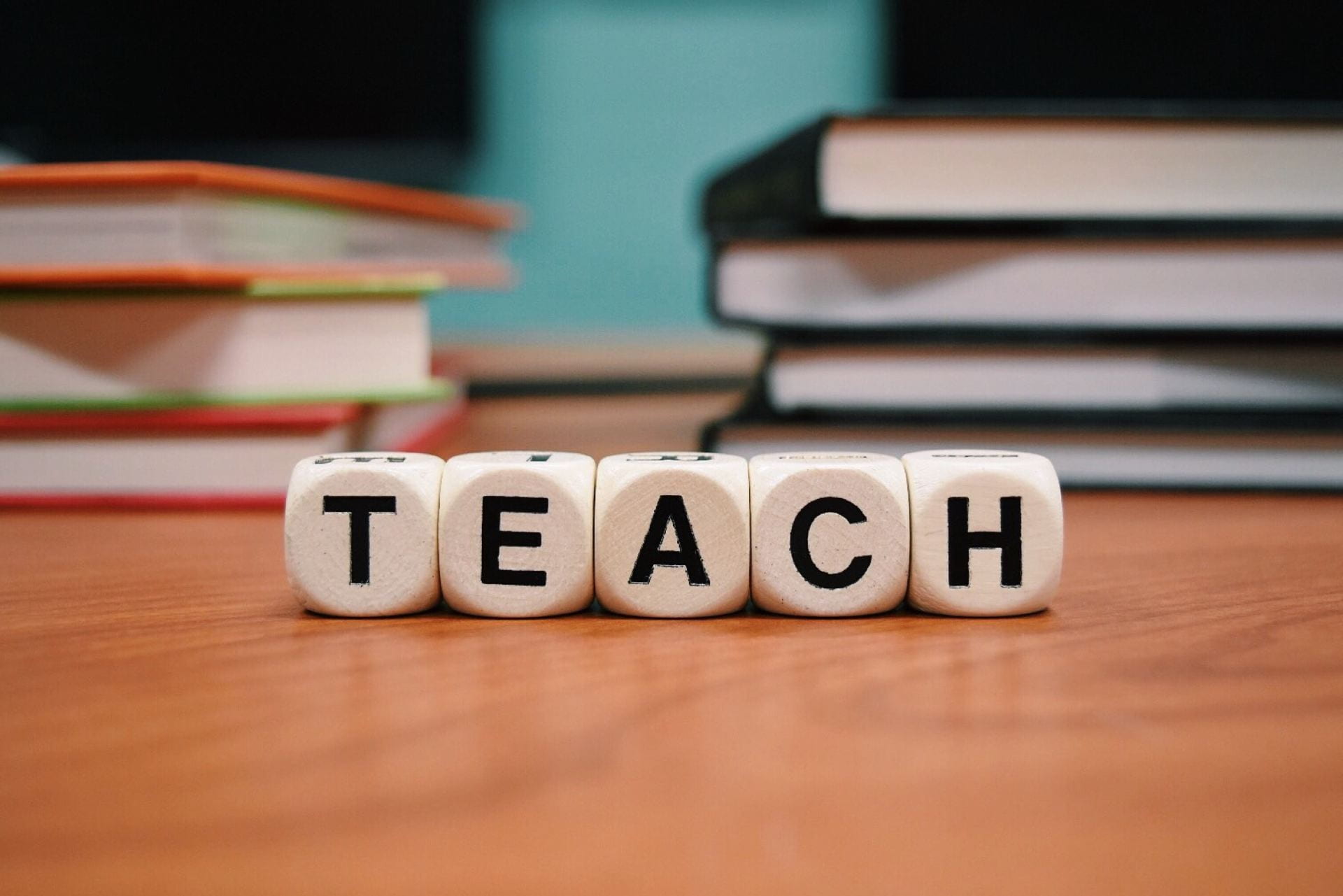Journal Articles


Improving a Universal Intervention for Reducing Exclusionary Discipline Practices Using Student and Teacher Guidance
Exclusionary discipline practices have a direct negative impact on individual students, schools, and society at large. To improve equity and cultural responsivity, active efforts to assess the contextual fit of effective strategies are necessary. The following study describes the Inclusive Skill-building Learning Approach (ISLA), an intervention designed to support school staff in carrying out preventative strategies and outlines instructional responses for educators and office staff. Additionally, an iterative approach to inform changes was used as part of the development process of ISLA. This paper aims to capture and incorporate the voices of students and staff using multiple methods to seek feedback for refining the quality, feasibility, and contextual fit of the ISLA intervention in middle schools. A total of 53 school staff provided feedback on the ISLA intervention. Further, Design Team members (n = 26) participated in semi-structured interview meetings to inform changes to ISLA. Last, student participants (n = 23) engaged in focus groups that were transcribed and coded via an independent co-coding strategy. The findings provide support for preventative school-based interventions that use alternatives to exclusionary discipline, as well as strategies for improving the ISLA intervention.
Nese, R. N. T., *Santiago-Rosario, M. R., Malose, S., *Hamilton, J., Nese, J. F. T., & Horner, R. (2022). Improving a universal intervention for reducing exclusionary discipline practices using student and teacher guidance. Psychology in the Schools, 59, 2042-2061. http://doi.org/10.1002/pits.22576

Promising Practices for Improving the Middle to High School Transition for Students with Emotional and Behavioral Disorders
In this practice brief, we describe several current examples of approaches that are aimed at improving outcomes for students entering high school. Additionally, we present strategies to disrupt the negative trajectory for students with EBD, who seldom receive coordinated, individualized supports during the critical transition from middle to high school.
Nese, R. N. T., Triplett, D., Santiago-Rosario, M. R., & *Austin., S. (2021). Promising practices for improving the middle to high school transition for students with emotional and behavioral disorders. OSEP Technical Assistance Center on Positive Behavioral Interventions and Supports. https://www.pbis.org/resource/promising-practices-for-improving-the-middle-to-high-school-transition-for-students-with-emotional-and-behavioral-disorders

Equity-focused PBIS Approach Reduces Racial Inequities in School Discipline: A Randomized Controlled Trial
We assessed the effects of a whole-school equity intervention implemented within a school-wide positive behavioral interventions and supports (PBIS) framework on racial inequities in school discipline in eight elementary schools with inequitable referrals for Black students. The intervention involved assessing patterns of racial disparities in school discipline decisions and providing professional development on adapting school-wide behavior systems to improve cultural responsiveness through concrete strategies targeting the patterns. After consent and matching on existing levels of racial inequities, half of the schools were randomly assigned to receive the intervention. Analyses showed that schools receiving the intervention had significant decreases in racial disparities in school discipline and rates of office discipline referrals (ODRs) for Black students, while control schools had minimal change. Results are discussed in terms of improving equity in school discipline within multitiered systems of support. (PsycInfo Database Record (c) 2022 APA, all rights reserved)
McIntosh K., Girvan, E. J., Fairbanks Falcon, S., McDaniel, S. C., Smolkowski, K., *Bastable, E., *Santiago-Rosario, M. R., *Izzard, S., *Austin, S. C., Nese, R. N. T., & Baldy, T. S. (2021). Equity-focused PBIS approach reduces racial inequities in school discipline: A randomized controlled trial. School Psychology Quarterly, 36, 433–444. https://doi.org/10.1037/spq0000466 (Article of the Year)

Enhancing School-Wide Positive Behavioral Interventions and Supports Tier 1 Core Practices to Improve Disciplinary Equity
Addressing racial disparities in school discipline is an urgent and widespread issue facing US schools. One approach to improve racial equity in school discipline practice is to enhance the contextual fit of empirically validated schoolwide practices. Schoolwide Positive Behavioral Interventions and Supports (SWPBIS) is a widely implemented and research-validated approach shown to improve behavioral and academic outcomes, yet evidence suggests students of color remain disproportionately disciplined in schools implementing the SWPBIS framework to fidelity. Contextual fit is a core principle of SWPBIS, but in practice, schools may lack effective strategies to enhance equity using the framework’s tier 1 core practices. This article describes promising enhancements to universal school practices aimed at reducing school discipline disparities.
*Bastable, E., Fairbanks Falcon, S., Nese, R. N. T., *Meng, P., & McIntosh, K. (2021). Enhancing school-wide positive behavioral interventions and supports tier 1 core practices to improve disciplinary equity. Preventing School Failure, 65, 283-290. https://doi.org/10.1080/1045988X.2021.1937020

Obtaining Stakeholder Feedback to Improve the Middle to High School Transition
In this practice brief, we explore feedback from a group of eighth and ninth grade students, families, and educators on what has been challenging, what has been missing, and what is needed during the transition from middle to high school for students with emotional and behavioral disorders. We also discuss the process for gathering stakeholder feedback and some feasible next steps for schools and districts who are interested in utilizing such valuable input for improving their systems of support.
Nese, R. N. T., Santiago-Rosario, M. R., Triplett, D., & *Austin, S. (2021). Obtaining stakeholder feedback to improve the middle to high school transition. OSEP Technical Assistance Center on Positive Behavioral Interventions and Supports. https://www.pbis.org/resource/obtaining-stakeholder-feedback-to-improve-the-middle-to-high-school-transition

Not Separate but Not Equal: Improving Equity in Discipline in Racially and Ethnically Diverse School Settings
Educational inequities leading to deleterious outcomes and related to discipline continue within racially and ethnically diverse schools for a myriad of reasons. Districts and schools require deliberate planning and systems change prioritized by educational administrators to address both interpersonal and structural racism and biases. This article outlines a blueprint that leverages the positive behavioral interventions and supports framework in completion of the following: (a) code of conduct revisions, (b) data analysis, (c) cultural and implicit bias awareness, and (d) culturally responsive hiring, training, and teaching.
McDaniel, S., LaSalle, T., Cohen, D. & Nese, R. N. T. (2021). Not separate but not equal: Improving equity in discipline in racially and ethnically diverse school settings. Beyond Behavior, 30, 157-168. https://doi.org/10.1177/10742956211024168

Examining the Social Validity of a Universal Intervention for Reducing Exclusionary Discipline through Stakeholder Voice
Exclusionary disciplinary practices are utilized in schools despite limited benefits and associated negative student outcomes. Alternative strategies, such as Positive Behavioral Interventions and Supports, reduce exclusionary discipline practices, though research is limited in secondary settings. This study examines how student and school staff input was utilized throughout the iterative refinement of the Inclusive Skill-building Learning Approach (ISLA), an intervention to reduce exclusionary discipline practices in middle school through instructional and restorative practices.
*Furjanic, D., *Mannan, I., *Hamilton, J., Nese, J. F. T., *Austin, S., *Izzard, S., & Nese, R. N. T. (2021). Examining the social validity of a universal intervention for reducing exclusionary discipline through stakeholder voice. Journal of Applied School Psychology. Advance online publication. https://doi.org/10.1080/15377903.2021.1968092

Moving Away from Disproportionate Exclusionary Discipline: Developing and Utilizing a Continuum of Preventative and Instructional Supports
Nese, R. N. T., Nese, J. F. T., *McCroskey, C., *Meng, P., Triplett, D., & *Bastable, E. (2021). Moving away from disproportionate exclusionary discipline: Developing and utilizing a continuum of preventative and instructional supports. Preventing School Failure, 65, 301-311. https://doi.org/10.1080/1045988X.2021.1937019

Restorative and Conflict Resolution Interventions
Conflicts between peers are inevitable in schools, and schools must be equipped with strategies to assist students in avoiding conflicts and engaging in problem-solving when conflicts occur. Restorative practices and other conflict resolution interventions such as peer mediation are gaining popularity, particularly as an alternate framework to the overutilization of disciplinary punishment with ethnic minority students. This chapter discusses the effective use of restorative practices and conflict resolution interventions, with an emphasis on establishing these types of practices in schools using best practices.
Nese, R. N. T., McDaniel, S., *Meng, P., Spraggins, L., Babbs, V., & Girvan, E. J. (2021). Restorative and conflict resolution interventions. In T. Collins & R. Hawkins (Eds.), Peers as change agents: A guide to implementing peer-mediated interventions in schools. (pp. 185-195). Oxford University Press.

Preliminary Analysis of an Instructional Alternative to Exclusionary Discipline
Decades of research have shown that exclusionary discipline practices are not only ineffective for changing student behavior, they lead to worse social, behavioral, and academic outcomes for students. This article explores the findings from a pilot study of the Inclusive Skill-Building Learning Approach (ISLA), an instructional alternative to exclusionary discipline practices. The purposes of ISLA are to improve student social and behavioral problem-solving, teacher and administrator practices, and student-teacher relationships while also reducing lost instructional time for student excluded from their learning environment. Results from the pilot indicated that implementation of ISLA was associated with reductions in exclusionary discipline practices (Cohen’s h effect sizes ranged from .06 to .18 across schools and outcomes), and a substantial decrease in instructional minutes lost (~ 92%). Educational staff also reported favorable impressions of the intervention. Practical and conceptual implications, limitations of this study, and directions for future research are further discussed.
Nese, R. N. T., *Bastable, E., *Gion, C., *Massar, M., Nese, J. F. T., & *McCroskey, C. (2020). Preliminary analysis of an instructional alternative to exclusionary discipline. The Journal of At-Risk Issues, 23, 1-14. https://scholarsbank.uoregon.edu/xmlui/handle/1794/25366

Examining Commitment to Prevention, Equity, and Meaningful Engagement: A Review of School District Discipline Policies
Although there is increasing awareness of policy decisions contributing to disproportionality in exclusionary practices, few studies have empirically examined common elements of discipline policies across the nation. We utilized a methodological review and the Checklist for Analyzing Discipline Policies and Procedures for Equity (CADPPE) to examine the extent to which current policies reflect recommendations from research regarding best practices for encouraging appropriate behaviors and preventing undesired behaviors, as well as correlations between those policies and exclusionary disciplinary outcomes for all students of color and students of color with disabilities. Data came from 147 district discipline policies and disciplinary outcomes (i.e., suspension and expulsion) from all 50 U.S. states and the District of Columbia. The analyses indicated the majority of policies do not include most of the research-based recommendations for preventing the overuse of exclusionary practices. Furthermore, there was no correlation found between CADPPE ratings and the risk ratios for exclusionary discipline for students of color and students of color with disabilities. Implications for policy development and implementation and limitations are provided.
Green, A. L., Hatton, H., Stegenga, S. M., Eliason, B., & Nese, R. (2020). Examining commitment to prevention, equity, and meaningful engagement: A review of school district discipline policies. Journal of Positive Behavior Interventions, 23, 137-148. https://doi.org/10.1177/109830072095194

Examining Commitment to Prevention, Equity, and Meaningful Engagement: A Review of School District Discipline Policies
Although there is increasing awareness of policy decisions contributing to disproportionality in exclusionary practices, few studies have empirically examined common elements of discipline policies across the nation. We utilized a methodological review and the Checklist for Analyzing Discipline Policies and Procedures for Equity (CADPPE) to examine the extent to which current policies reflect recommendations from research regarding best practices for encouraging appropriate behaviors and preventing undesired behaviors, as well as correlations between those policies and exclusionary disciplinary outcomes for all students of color and students of color with disabilities. Data came from 147 district discipline policies and disciplinary outcomes (i.e., suspension and expulsion) from all 50 U.S. states and the District of Columbia. The analyses indicated the majority of policies do not include most of the research-based recommendations for preventing the overuse of exclusionary practices. Furthermore, there was no correlation found between CADPPE ratings and the risk ratios for exclusionary discipline for students of color and students of color with disabilities. Implications for policy development and implementation and limitations are provided.
Nese, R. N. T., McDaniel, S., Hirsch, S., Green, A., Sprague, J., & McIntosh, K. (2019). Major systems for facilitating safety and pro-social behavior: Positive school wide behavior. In D. Osher, M. J. Mayer, R. J. Jagers, K. Kendziora, & L. Woods (Eds.), Keeping students safe and helping them thrive. A collaborative handbook on school safety, mental health, and wellness, vol 2 (pp. 256-276). Praeger Publishing.

Coaching Strategies for Effective Classroom Management
Mild to moderate problem behaviors such as talking out and noncompliance are common in classrooms across the country. Although they are not dangerous and may not significantly disrupt the learning environment, these behaviors may result in exclusionary discipline practices, such as office discipline referrals and suspensions (Skiba, Chung, Trachok, Sheya, & Hughes, 2014; Skiba & Peterson, 2000). According to research by McIntosh, Frank, and Spaulding (2010) removing students from the classroom and issuing punitive consequences for non-threatening problem behaviors are ineffective strategies for reducing the likelihood of those problem behaviors occurring again in the future.
*Massar, M., Nese, R., & McIntosh, K. (2018). Coaching strategies for effective classroom management. The School Psychologist, 72, 24-28. https://apadivision16.org/wp-content/uploads/2018/03/TSP-Spring-2018-2.pdf

Vulnerable Decision Points for Disproportionate Office Discipline Referrals: Comparisons of Discipline for African American and White Elementary School Students
Racial disparities in rates of exclusionary school discipline are well documented and seemingly intractable. However, emerging theories on implicit bias show promise in identifying effective interventions. In this study, we used school discipline data from 1,666 elementary schools and 483,686 office discipline referrals to identify specific situations in which disproportionality was more likely. Results were largely consistent with our theoretical model, indicating increased racial and gender disproportionality for subjectively defined behaviors, in classrooms, and for incidents classified as more severe. The time of day also substantially affected disproportionality. These findings can be used to pinpoint specific student-teacher interactions for intervention.
Smolkowski, K., Girvan, E. J., McIntosh, K., Nese, R. N. T., & Horner, R. (2016). Vulnerable decision points for disproportionate office discipline referrals: Comparisons of discipline for African American and White elementary school students. Behavioral Disorders, 41, 178-195. https://doi.org/10.17988/bedi-41-04-178-195.1 (Article of the Year)

Do School-Wide Positive Behavioral Interventions and Supports, Not Exclusionary Discipline Practices
All educators will inevitably face unwanted student behavior that they need to address. A ubiquitous response to unwanted behavior is exclusionary discipline practices, including time-out, office discipline referrals, and suspensions. However, extensive research has demonstrated that these practices are associated with negative outcomes, including increased likelihood of further unwanted behavior, decreased achievement, and racial/ethnic discipline disparities. In this chapter, we provide a preventative alternative to exclusionary practices, school-wide positive behavioral interventions and supports (SWPBIS). SWPBIS is an evidence-based framework for implementing systems to reduce unwanted behavior and increase prosocial behavior, decreasing the need for exclusionary practices.
Nese, R. N. T. & McIntosh, K. (2016). Do school-wide positive behavioral interventions and supports, not exclusionary discipline practices. In B. G. Cook, M. Tankersley, & T. J. Landrum (Eds.), Advances in learning and behavioral disabilities (pp. 175-196). Emerald Group Publishing.

Alternatives to Suspension: Strategies for School Principals
Suspensions are commonly used in schools as a method intended to teach students that certain behaviors are not acceptable, as well as to improve school safety. However, decades of research have shown that suspensions are ineffective for changing student behavior and can lead to worse student outcomes.
Nese, R., *Massar, M., & *McIntosh, K. (2015). Alternatives to suspension: Strategies for school principals. Principal Leadership, 16, 52-56.
Project Elevate
Affiliations





